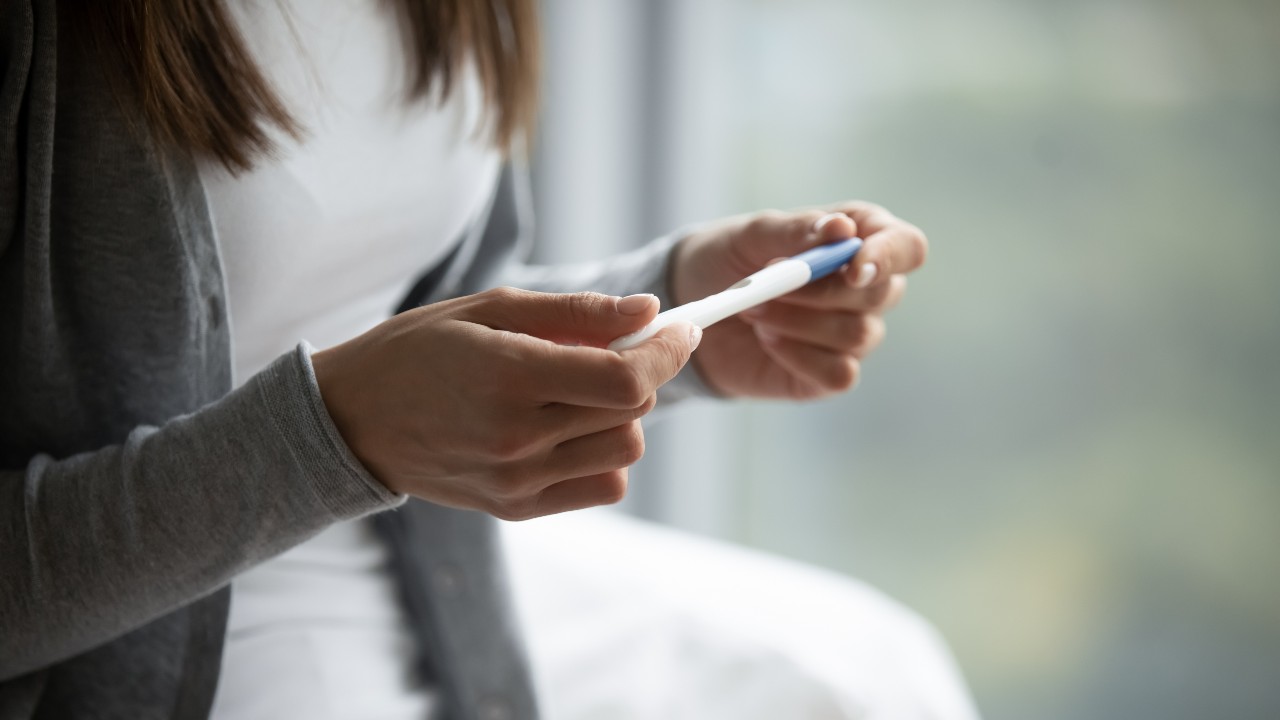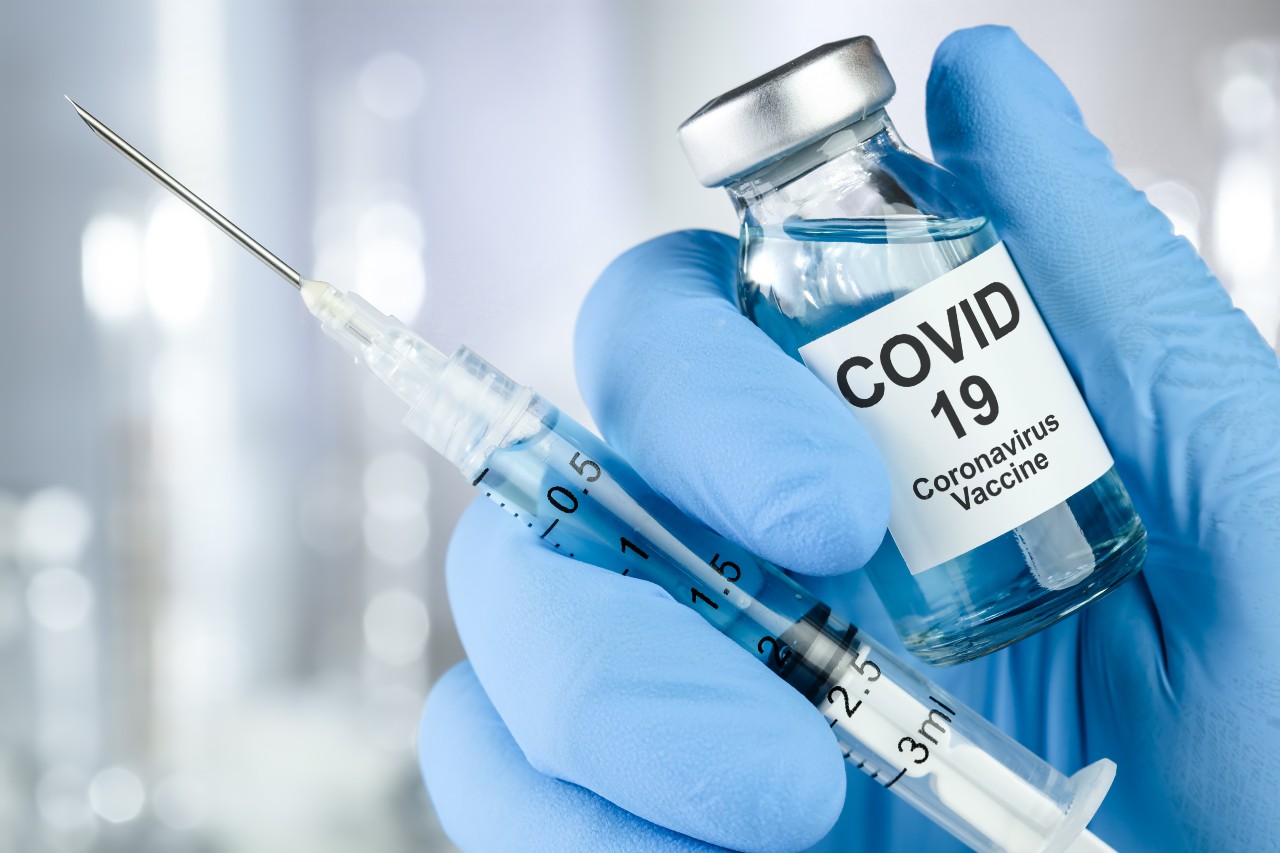We are well into the third year of COVID and there is still rampant misinformation about the virus and the vaccinations available to help fight it. We want to first acknowledge that there are many perspectives on vaccinations. We hear you. We see your fears. However, as medical professionals, it is our belief that vaccination against COVID is the best course of action to prevent significant health effects should you contract the virus. We realize that vaccination is a personal choice, however, as medical professionals, we stand on the side of vaccination to prevent severe illness. Innova Primary Care only has the absolute best interests of our patients at heart, this is especially true for those of childbearing age who are concerned about fertility. Let’s look closer at vaccinations and fertility for those of you who are concerned about this topic.
Vaccine and fertility misinformation
There is so much misinformation surrounding vaccines and fertility. Let’s address some of the rumors. Anxiety and fear surrounding the COVID vaccine and its impact on fertility are believed to have begun around a false rumor surrounding how the mRNA vaccine works against the coronavirus. Both the Pfizer-BioNTech and Moderna vaccines use mRNA technology, rather than traditional vaccination methodology. These vaccines show the body how to create a spike protein, found on the outside surface of the coronavirus. Eventually, our immune systems begin to recognize the protein and create antibodies against it.
According to Johns Hopkins, the issue arose when there was confusion around the spike protein and another spike protein, syncytin-1 which assists the body with the growth and placenta attachment during pregnancy. Naturally, if this were accurate, there would be cause for concern. However, the two proteins are vastly different and do not impact one another.
Cycles post-vaccination
One of the many rumors associating the vaccine with infertility were the reports of heavy mensuration or altered cycles post-vaccination. The reality is that the immune system does affect menstruation cycles so it makes sense that a women’s period may be abnormal after receiving a dose of the vaccination. However, according to Dr. Alice Lu-Culligan, immunity and reproductive health expert at Yale University, this is to be expected.
Lu-Culligan is not the only one who sees the possibility either. University of Illinois Urbana-Champaign researcher, Kathryn Clancy found through her research survey on the effects of vaccines on menstruation, that thousands of respondents experienced changes to their cycles right after vaccine administration. However, there is no research to suggest that a short-term change in menstruation equates to infertility in any way.
Vaccine shedding
Vaccine shedding does not lead to infertility. Here is where a truth can be blown completely out of proportion and become a rumor. Vaccine shedding is a real thing, but it does not apply to the COVID-19 vaccinations because of their type. Shedding only occurs with live-attenuated vaccinations such as the MMR, Smallpox, and Chickenpox. These types of vaccinations, which contain a small amount of a weakened version of a virus, allow the body to create an immune response for infection by replicating within the body. The replication process that may lead to shedding does not mean that the pathogen is transmitted.

The whole vaccine and fertility story
It is important to know the whole story because false rumors can take root with partial information. Half-truths and misinformation have caused many to live in fear of vaccination. The truth is that research concludes harmful associations between COVID-19 vaccinations and fertility. In a study published in the American Journal of Epidemiology in January 2022, researchers found that vaccines for COVID-19 do not impair fertility in females or males. This study involved over 2,000 females between the ages of 21-45. The participants answered questionnaires and surveys every 8 weeks from December 2020 to September 2021.
Medical professionals support vaccination against COVID-19 for adolescents and those of childbearing ages among other populations.
The National Institutes of Health, the Centers for Disease Control, and the American College of Obstetricians and Gynecologists all agree that vaccination against COVID is the best course of action and that vaccination does not impact fertility.
Innova Primary Care only has the bests interests of our patients at heart. We want to see each and every one of you thrive. We know that vaccination is a personal choice. However,we also stand with other medical professionals and health organizations who believe that vaccination is the best course of action.
We do recognize that this is a sensitive topic and welcome any questions you may have. We want you to have the most reliable and current medical information. This allows you the ability to make informed decisions. If you have questions about fertility and vaccination, please contact our office.




 About
About

 About
About About
About About
About
 About
About About
About

 About
About About
About About
About About
About











